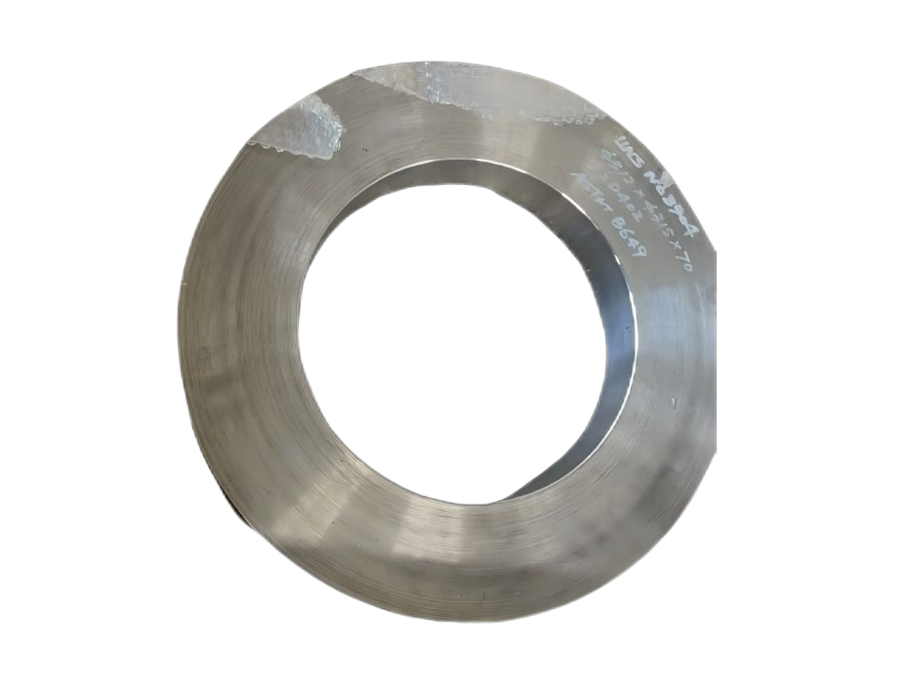Exploring the Benefits of Hastelloy Forgings in the Metallurgy and Energy Industry
Release time:
2024-05-31 16:53
Introduction
In the realm of metallurgy, particularly within the special steel forging sector, Hastelloy forgings have gained significant recognition for their exceptional properties and applications. Hastelloy is a nickel-based alloy known for its high resistance to corrosion, oxidation, and cracking in harsh environments, making it a preferred choice for critical components in various industries.
One of the key advantages of Hastelloy forgings is their superior corrosion resistance, especially in acidic or corrosive environments where traditional metals may fail. This makes them ideal for applications in chemical processing, petrochemical plants, and offshore oil and gas platforms.

Additionally, Hastelloy alloys exhibit excellent mechanical strength and thermal stability, allowing them to withstand high temperatures and pressures without compromising performance. This makes them suitable for use in extreme conditions, such as in aerospace, power generation, and nuclear reactors.
Furthermore, Hastelloy forgings are known for their versatility and formability, making them easy to shape and fabricate into complex components with precise specifications. This flexibility allows for the production of customized parts that meet the specific requirements of different industries.
In conclusion, the use of Hastelloy forgings in the metallurgy and energy industry offers a wide range of benefits, including superior corrosion resistance, high mechanical strength, thermal stability, and versatility in design. By leveraging the unique properties of Hastelloy alloys, manufacturers can create durable and reliable components for critical applications without compromising on quality.
Hastelloy forgings
Related News
The Art and Precision of Forging: Unlocking the Benefits of Precision Forging
2025-06-20
Precision forging is a sophisticated manufacturing process that significantly enhances the mechanical properties and dimensional accuracy of metal components. This technique involves shaping metal into desired forms through the application of high pressure, often at elevated temperatures. Unlike traditional forging methods, precision forging utilizes advanced technology and precise control mechani
Understanding Precision Forging: Key Insights for Professionals in Metalworking
2025-06-18
Precision forging is a sophisticated manufacturing process that involves shaping metal components through the application of controlled pressure and heat. This technique is distinguished by its ability to create parts with exceptional accuracy, consistency, and strength, making it a preferred choice in industries where precision is paramount. One of the primary advantages of precision forging is i
How Monel K500 Forging Enhances Corrosion Resistance in Metal Parts
2025-06-17
Introduction to Monel K500: The Corrosion-Resistant Metal Monel K500 is a nickel-copper alloy renowned for its exceptional corrosion resistance, strength, and versatility. It stands out in various industries, including marine, chemical processing, and aerospace, where metal components must endure harsh environments. This article delves into how the forging process of Monel K500 enhances its corr


